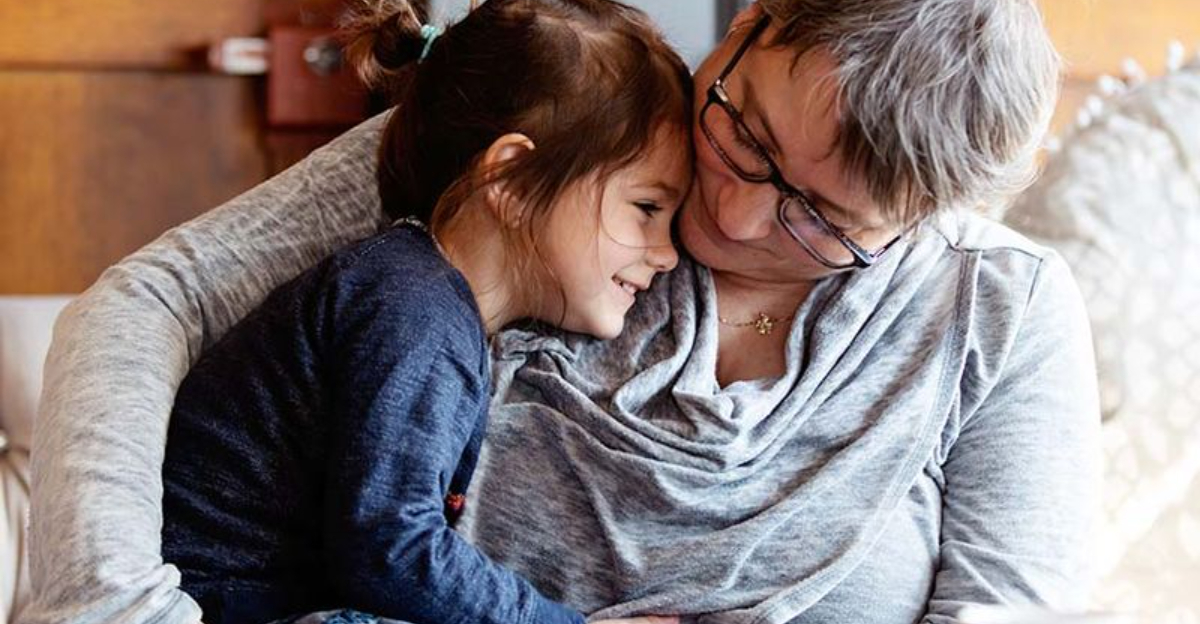The 17 Secrets Of A Meaningful And Lifelong Grandparent-Grandchild Bond
Nobody tells you how complicated grandparenting can feel. You walk in thinking it’s all cookies, cuddles, and photo albums, but the truth is—every relationship, even the ones everyone says are simple, gets messy.
It’s easy to feel like you’re walking a tightrope: loving deeply, maybe overstepping, sometimes feeling invisible, and then those rare magic moments that remind you why you keep showing up.
This isn’t about being the picture-perfect grandparent. It’s about being real, owning your weirdness, and showing up for your grandkids in ways that actually matter.
If you’re tired of cliches and hungry for something honest—here are seventeen secrets about building a bond that lasts a lifetime. No empty platitudes. Simply the stuff that actually works. Let’s get to the heart of what makes grandparent-grandchild love stick—and what makes it memorable, even when it’s hard.
1. Be Present, Not Just There
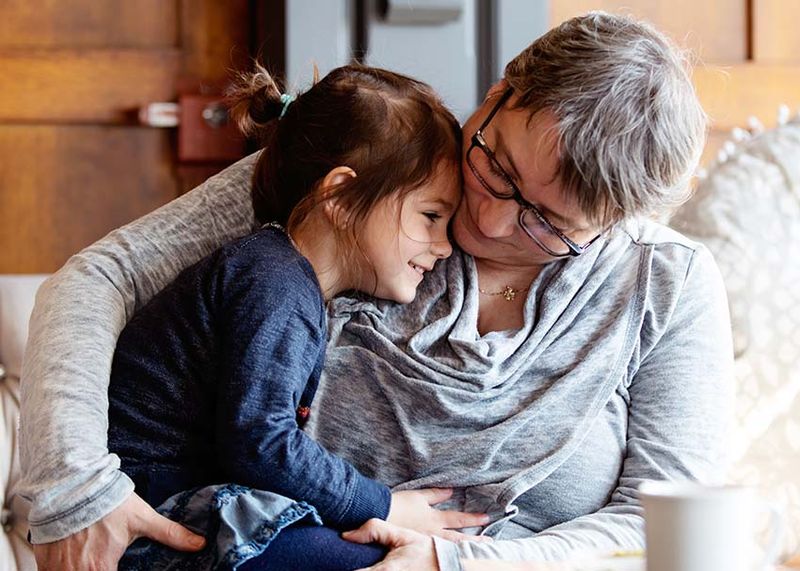
Have you ever noticed how kids have a radar for fakeness? They know when you’re scrolling your phone instead of really listening. The secret here: be actually present, not just in the room.
It sounds simple, but it means to put away distractions. When you’re with your grandchild, that time gets your full attention. Play their game, read their weird book, watch their favorite show (even if it drives you nuts).
What they remember is how you made them feel—like nothing mattered more. Those small moments add up. When you’re all-in, even just for an hour, that’s what sticks years later. And you’ll be surprised which memories turn out to be the big ones.
2. Hand Down the Unfiltered Family Lore
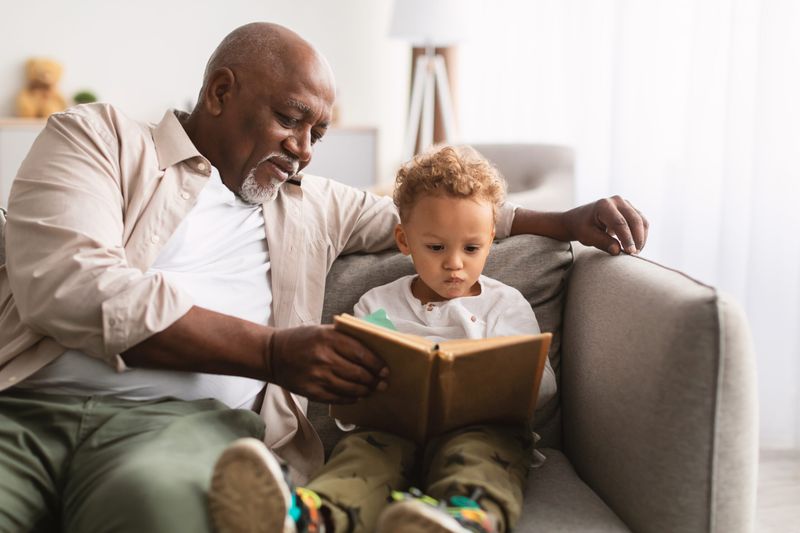
You know those stories nobody else tells? The ones that make you laugh or cringe or even get a little misty-eyed? Those are gold. Grandkids want the unpolished version—where grandpa got in trouble, or what really happened at Aunt Lisa’s wedding.
Passing on family lore isn’t just about keeping history alive. It’s about letting them know where they come from, flaws and all. Don’t edit out the messy bits—kids can handle more than you think, and honesty gives them roots.
One day, they’ll tell those same stories (and probably add their own twist). That’s how family actually lives on—not through perfect tales, but through real ones.
3. Find Your Shared Weirdness

Nobody bonds over perfection. It’s the inside jokes, the ridiculous hats, or the fact that you both secretly hate olives. Lean into what makes you two odd together—maybe it’s baking cookies at midnight or inventing secret handshakes.
Chasing those shared quirks makes memories nobody else can duplicate. It’s not about grand gestures or expensive gifts. It’s about letting your grandchild see your playful side and giving them permission to be themselves, too.
The best rituals are the weird ones. They’ll remember the laughter, not the mess. That’s your legacy—permission to be a little wild together.
4. Listen Like a Therapist (Without the Couch)

Ever had someone interrupt you with advice before you’d finished your sentence? It stings. What kids want most is for someone to listen without jumping to fix things.
Active listening isn’t about nodding and saying “uh-huh.” It’s about letting them talk, even if you don’t always agree or understand. Don’t rush to give wisdom—just be a sounding board.
At times, what heals isn’t your answer—it’s your attention. Be the one who listens so well, they come to you first when life gets real. It’s real trust, built slow and steady.
5. Offer Steady Support, Not Smothering Help

Remember when you just needed someone in your corner—no strings, no lectures? That’s the kind of support grandkids crave. Being dependable beats being perfect, every time.
Show up, but don’t take over. Offer help without making them feel like a project. Sometimes, supporting them looks like holding back and letting them handle things their way, even if you want to step in.
You’re the safety net, not the puppet master. The best comfort is knowing someone’s there, no matter how messy things get. So it’s real love, not babysitting.
6. Respect Their Parents’ Way (Even If You Disagree)
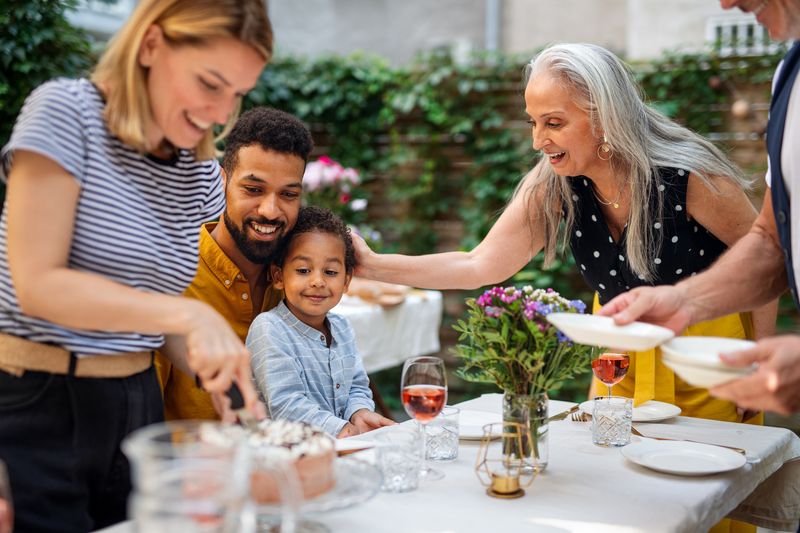
Here’s the hard truth: You’re not the parent. Your job is different, and occasionally that means biting your tongue (even when you’re sure you’re right). Respecting parenting boundaries isn’t always easy.
But when you back up the parents—even when they do things you never would—you build trust on all sides. That trust means you’ll stay in their lives longer, and they’ll come to you for advice when it matters.
You can offer wisdom without undermining their rules. Think of yourself as the wise sidekick, not the lead. It’s harder than it sounds. But it pays off.
7. Show Up Online (Even If It’s Weird)

Think back when using a rotary phone was high-tech? Now, you’re logging onto Zoom or texting emojis you barely understand. Grandkids live online, so showing up there matters—even if it’s awkward at first.
Learn their apps, send a silly meme, or leave a voice note. It’s not about being “cool,” it’s about being willing to meet them in their world. They’ll see the effort—it counts more than getting it right.
Don’t let distance or tech fears be the wall. Love translates, even through a screen. Those digital check-ins turn into inside jokes and real connection.
8. Invent Traditions That Are Just Yours
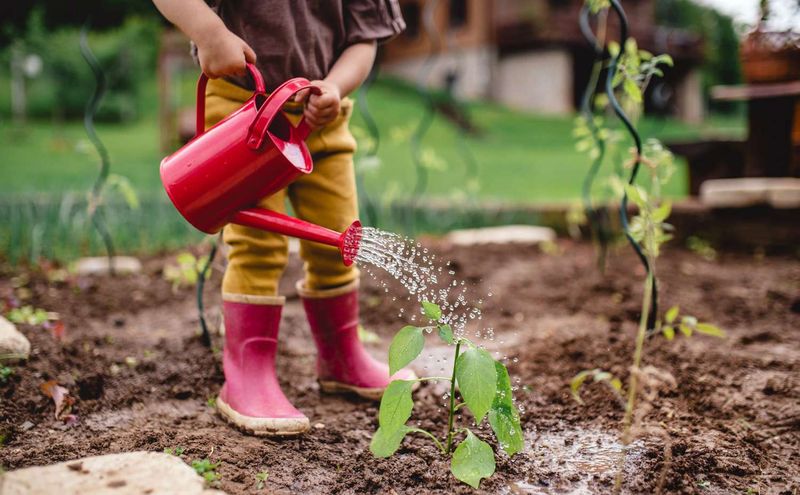
Why settle for the same old holidays? The best family traditions are the ones you make up together. Maybe it’s Sunday pancakes, annual backyard campouts, or homemade birthday crowns.
What matters isn’t the tradition itself, but that it’s yours. Kids crave rituals that feel like secrets—something only you share. That’s where the magic lives, not in perfection, but in repeat moments done your way.
Years later, those goofy rituals are what they’ll pass on. You’re not just making memories—you’re building anchors for the stormy years.
9. Cheer for Their Oddball Dreams
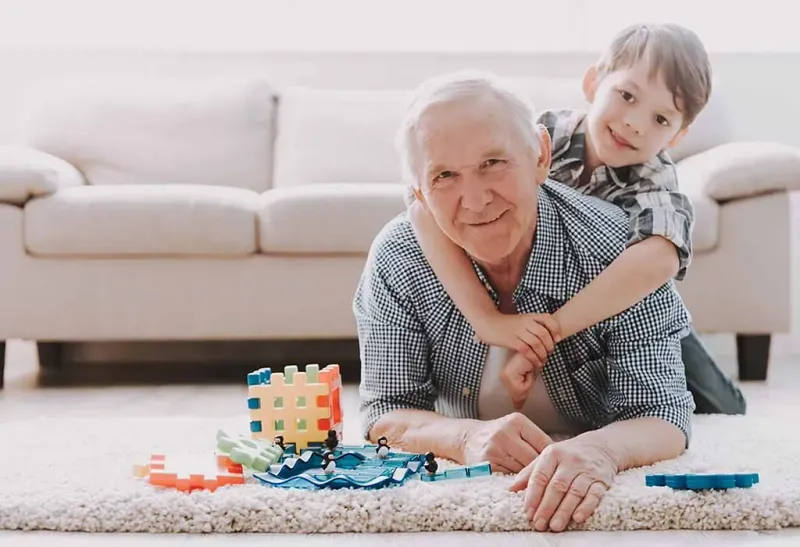
Ever cheered for a kid who wanted to be a dinosaur when they grew up? Supporting their dreams—especially the wacky ones—matters more than you think. Your job isn’t to steer them; it’s to root for them, loudly and without apology.
Show up for their soccer games or magic shows, even if it’s not your thing. Ask questions about their wild plans, and don’t laugh them off. Every “I believe in you” you give is a brick in their sense of self-worth.
Years from now, they might not remember the details, but they’ll remember how you made every dream, even the weird ones, feel possible.
10. Share Your Mistakes (And What Came After)

Kids don’t learn resilience from hearing how you always got it right. Let them in on your failures—the embarrassing stuff, the heartbreaks, the times you fell down and didn’t think you’d get up.
It’s not about turning every story into a lecture. Just be honest about what went wrong and how you figured it out, slowly and imperfectly. They need to know even you messed up (and survived).
When you share your real stories, you give them permission to own their mess, too. That’s how they grow grit—not through lectures, but through honesty.
11. Make Milestones a Big Deal

You might not always remember your own birthdays, but grandkids remember who showed up for theirs. Be the one who makes their milestones—big and small—feel epic.
Show up for school plays, graduations, or the first time they lose a tooth. Celebrate them like it’s the event of the year. Kids don’t just need to know you’re proud; they need to see and feel it.
Every milestone you honor becomes a bright spot in their memory. You’re building a highlight reel they’ll replay forever.
12. Roll With Their Changes

One day, they’re obsessed with dinosaurs. Next week, it’s skateboarding. Grandkids change at warp speed, and being adaptable is your secret weapon.
Roll with their shifting interests, even when you don’t get it. Be willing to change up traditions or try something outside your comfort zone (like blue hair). The world moves fast—showing you can flex keeps you close.
Adaptability isn’t about being cool, it’s about being open. Every time you say yes to change, you tell them: “Who you are is enough.”
13. Don’t Just Talk—Really Communicate

Talking is easy. Real communication—where you both drop the masks—is rare. Ask the questions that matter and don’t be afraid of awkward silences.
Create an atmosphere where nothing’s too weird to share. Listen more than you speak. When they trust you with their uncensored thoughts, guard that trust like it’s gold.
It isn’t just about words. It’s about the safety they feel in your presence, and the sense that nothing is off-limits. That’s when real connection happens.
14. Make Affection Obvious
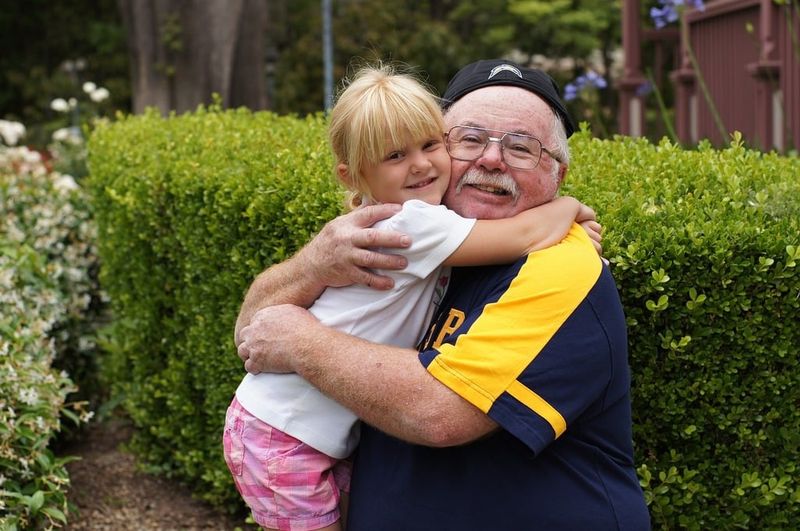
Kids need to feel loved in neon lights—not just guess at it. Don’t hold back from saying “I love you,” or showing affection in public. Little gestures—a hug, a high-five, a silly wave—stick with them, especially on the hard days.
Some kids love cuddles; others just want you to listen or show up. Figure out their language, and speak it loudly. Affection isn’t just a feeling, it’s an action.
When you’re generous with love, they never have to wonder if they matter. That security goes deeper than you’ll ever know.
15. Back Their Learning, Not Just Their Grades

Supporting education isn’t about nagging over homework or gloating about report cards. It’s helping them stay curious—showing up for the messy, hands-on learning, not just the perfect test scores.
Ask them what excites them about school. Join in their projects, even if you have no idea how volcanoes work. Celebrate their curiosity as much as their achievements.
When you value their effort and wonder, you teach them that learning never stops. It’s the lesson that lasts.
16. Be Patient—Let the Bond Grow Slow

Not every bond is instant. From time to time, you have to sit through awkward silences, grumpy moods, or years where it feels like nothing sticks. That’s normal.
Patience means showing up, again and again, even when it seems like you’re getting nowhere. It’s resisting the urge to rush the process or force closeness. Love grows in the quiet spaces, too.
Don’t give up if it feels slow. The strongest bonds take the most time to form. Let it happen at its own pace.
17. Make Memories That Outlast the Calendar

Want to know what sticks with kids long after you’re gone? It’s the adventures, the inside jokes, the unexpected outings. Memories aren’t just made on holidays—they’re made every ordinary afternoon you turn into something special.
Forget about making it Instagram-perfect. Go on a treasure hunt, build a fort, have a picnic in the rain. The messier, the better—kids remember the feeling, not the details.
Your job isn’t to plan the perfect day. It’s to be the person who says yes to magic, even when it’s inconvenient. It’s what lives on.

